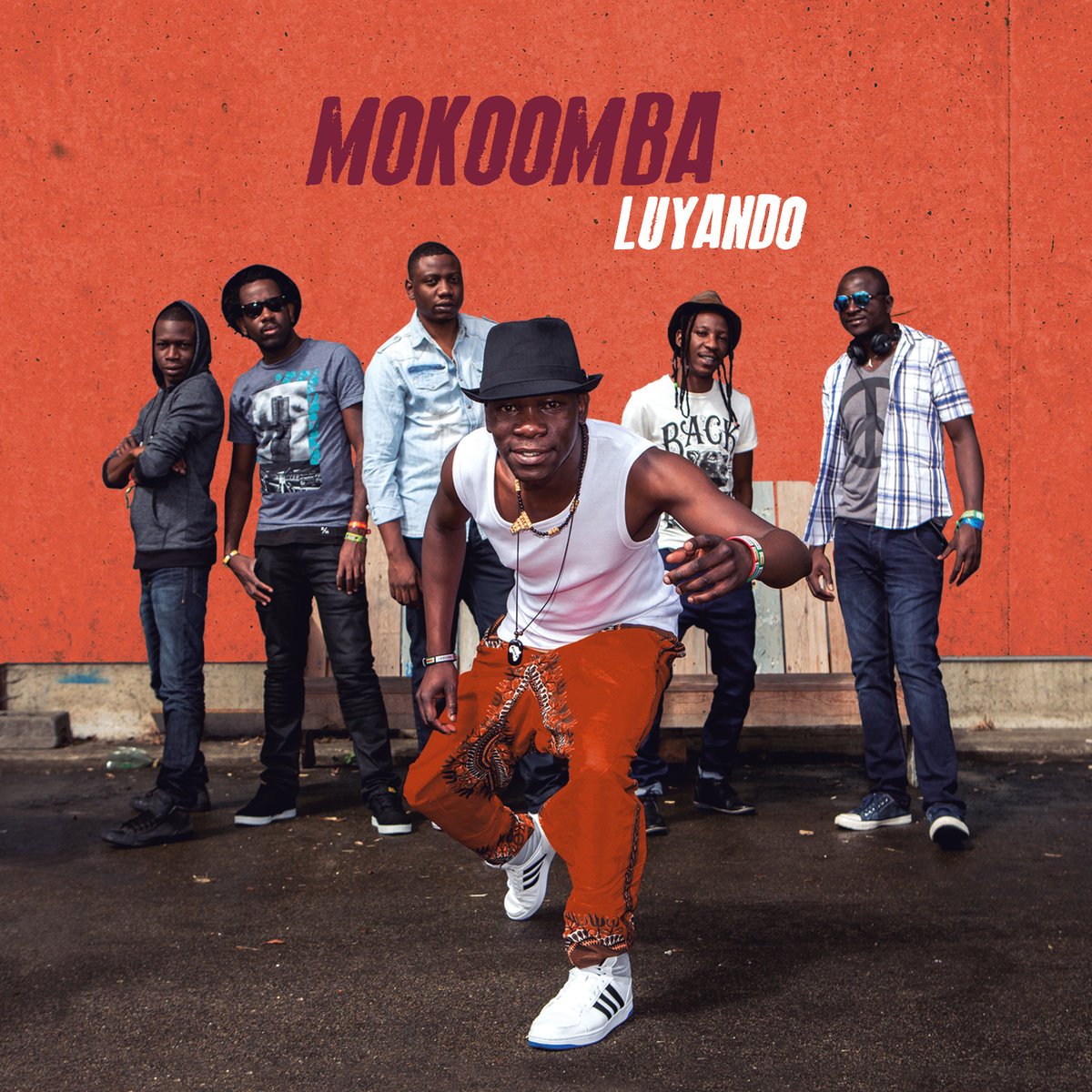Five years since their debut breakthrough album Rising Tide, Mokoomba return with Luyando – a focused, soulful and emotive collection of songs paying homage to their Zimbabwean culture.
In the intervening years, the six-piece from Chinotimba Township, Victoria Falls have toured extensively – taking their blend of Zimrock and traditional rhythms to 40 countries, building a global fan base and playing with heavyweight talents Hugh Masekela and Babaa Maal along the way.
What’s evident on this follow-up is that five years of touring have reinforced the band’s cultural ties to Zimbabwe and their homeland. Tribal customs, traditions and lifestyles are the drivers for this collection of songs that are sung in four Zimbabwean languages – Tonga, Shona, Luvala, Ndebele and part English.
The album hooks you in from the off before heading into a deeper, traditional sound – the first three tracks are melodic and polished –opening track, ‘Mokole’ celebrates Victoria Falls and water as a life-giving force – confident and proud, guitar, flute and vocal harmonies, position an album that is lyrical, adventurous and accessible.
There is depth and humanity, threading through these songs, as the album moves into the township jive of ‘Kulindiswe’ with its insistent groove. We head deeper into Zimbabwean traditions and beliefs on ‘Kumukanda’ which explores the teenage boy’s initiation rights, and on the title track ‘Luyando’, the reverence afforded to mothers across the country.
‘Kambowa’, sung in Luvale, is an update of a traditional song, exploring the displacement of the Tonga tribe – this is where you really get a sense of Mokoomba’s cavernous talent – vocals and percussion carry a song that reflects on the tribal displacement and grief suffered by the construction of a dam, however, a path towards positivity and reconciliation is achieved as the song reaches its conclusion.
Lightness and playfulness returns to the set as ‘Muzwile’ – a song based on a local ‘good morning’ greeting, motors by with energy and verve, a funky bass line, and some deft guitar playing.
With the final three songs, Mokoomba head deeper into local and traditional sounds – vocally dominated, sparse instrumentation, this is a band, confident and assured in their songwriting and cultural roots – culminating with the powerful finale ‘Nyaradzo’ – sung in the Mbube style – an acappella style, made famous by groups like Lady Smith Mambazo.


